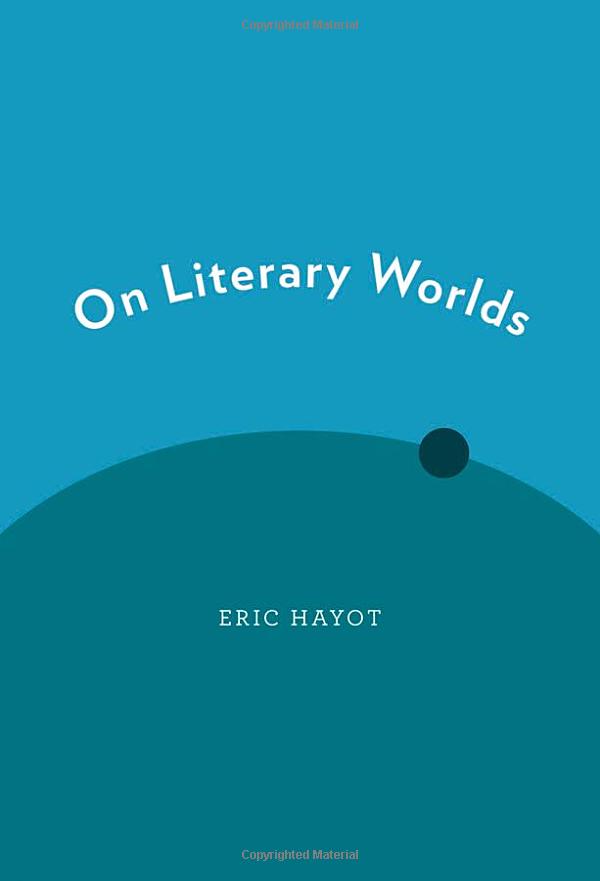I’ll be speaking on Friday at 10:15 as part of a panel called “What Does Comparative Literature Do for, against, after Periodization?”; and then participating in a roundtable, “Parsing World Literature in the Twenty-First Century: Alternatives to Period, Region, and Genre,” on Saturday at 8:30. Following that I’ll be at the panel on “Teaching Arabic Literature,” which is sponsored by the MLA Publications Committee.
I’m also hoping to attend a session on “Periodization and its Discontents,” which takes place Thursday evening at 7pm.
Beyond that I’ll be doing interviews for our two searches, and having a book party with my friend Sianne to celebrate the recent publication of our books.
Update: First talk, with the official title “After Periodization”: meh. I didn’t close well. Second talk (“Parsing World Lit”), done in an adrenaline-fueled craze after I lost all my notes: excellent. Close not fantastic but everything else felt solid. Lesson learned.
I missed the “Periodization and its Discontents” session, which I heard went well, because I was at the ACLA board meeting.
Also, Arabic Lit panel: very good! I learned a great deal.

